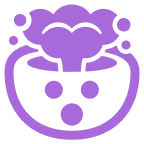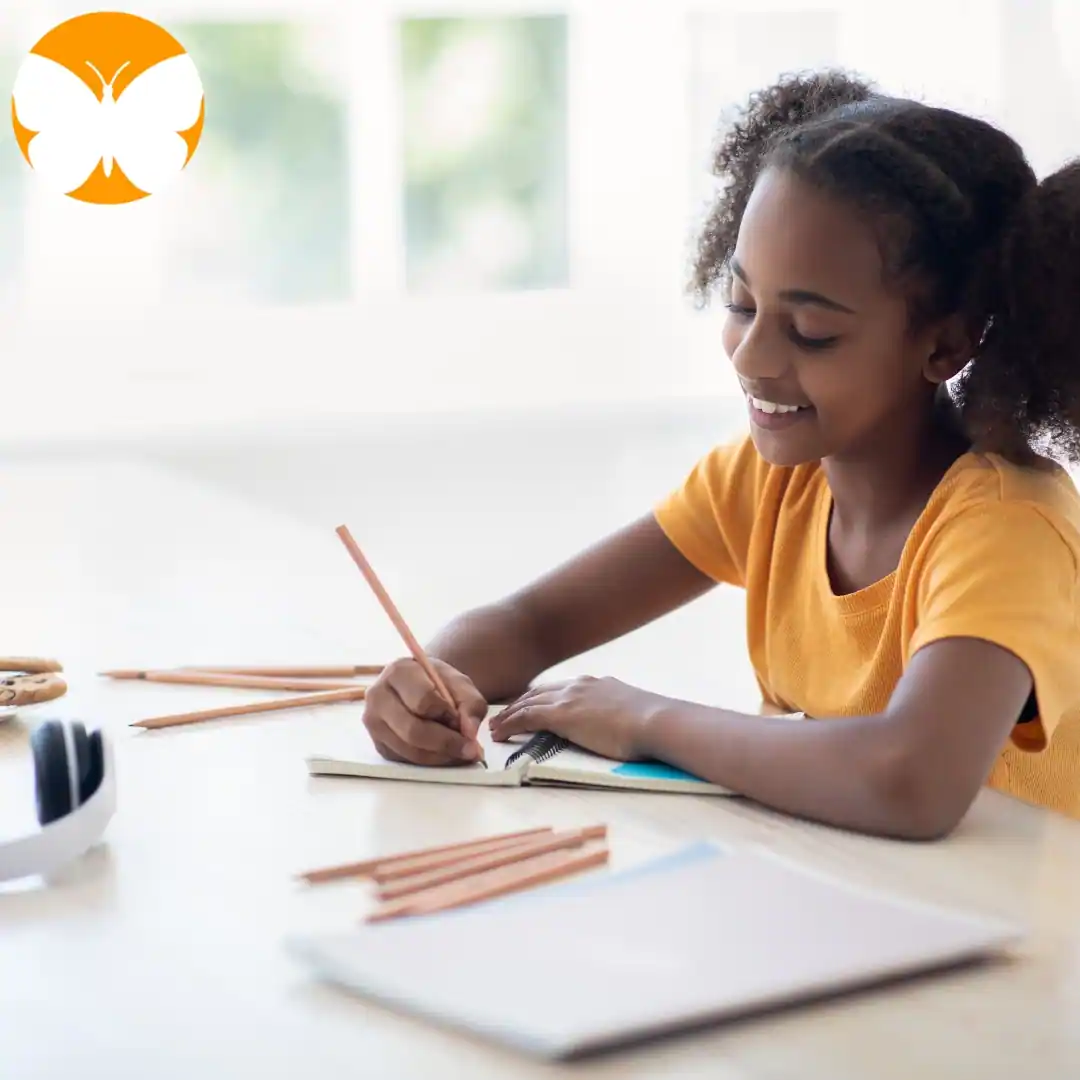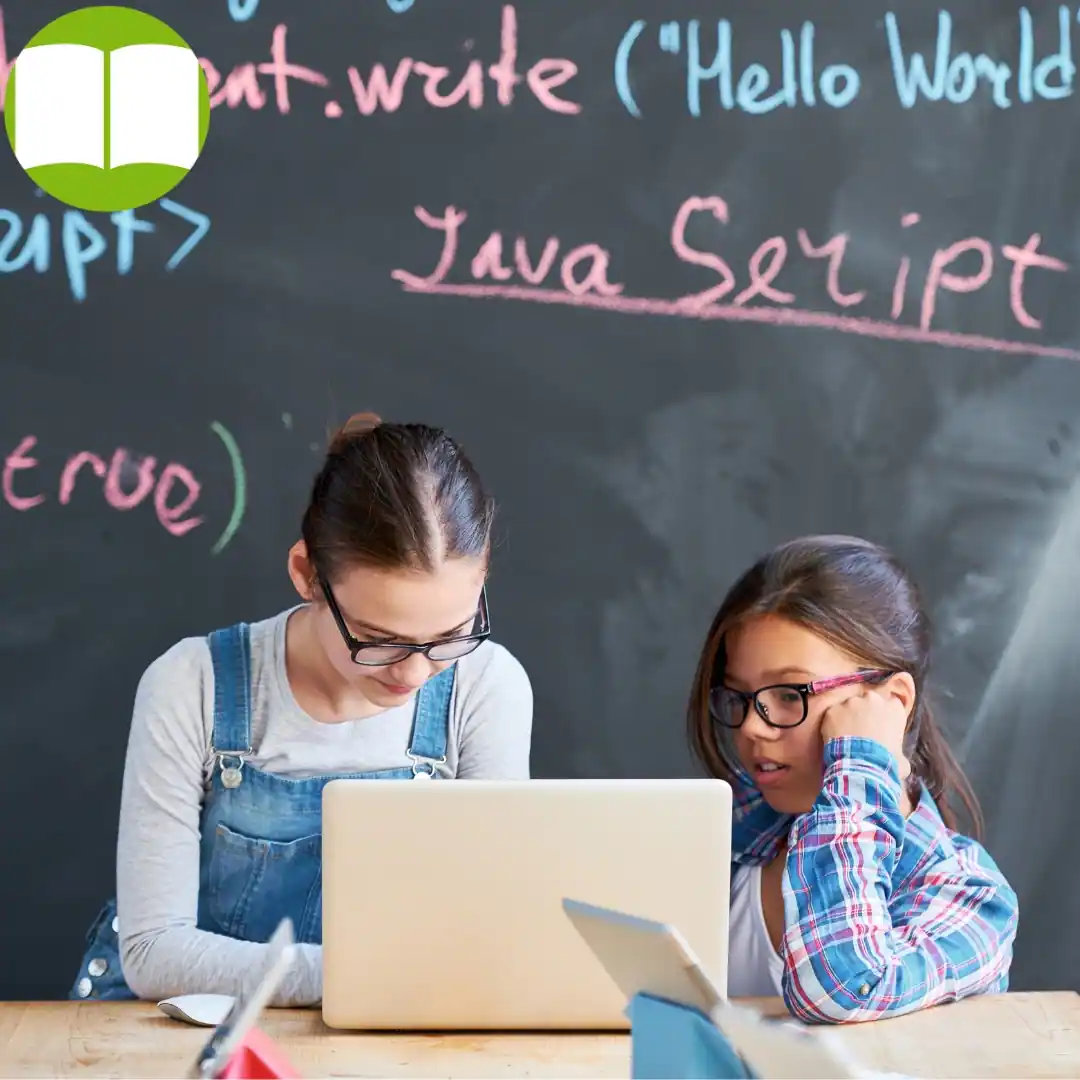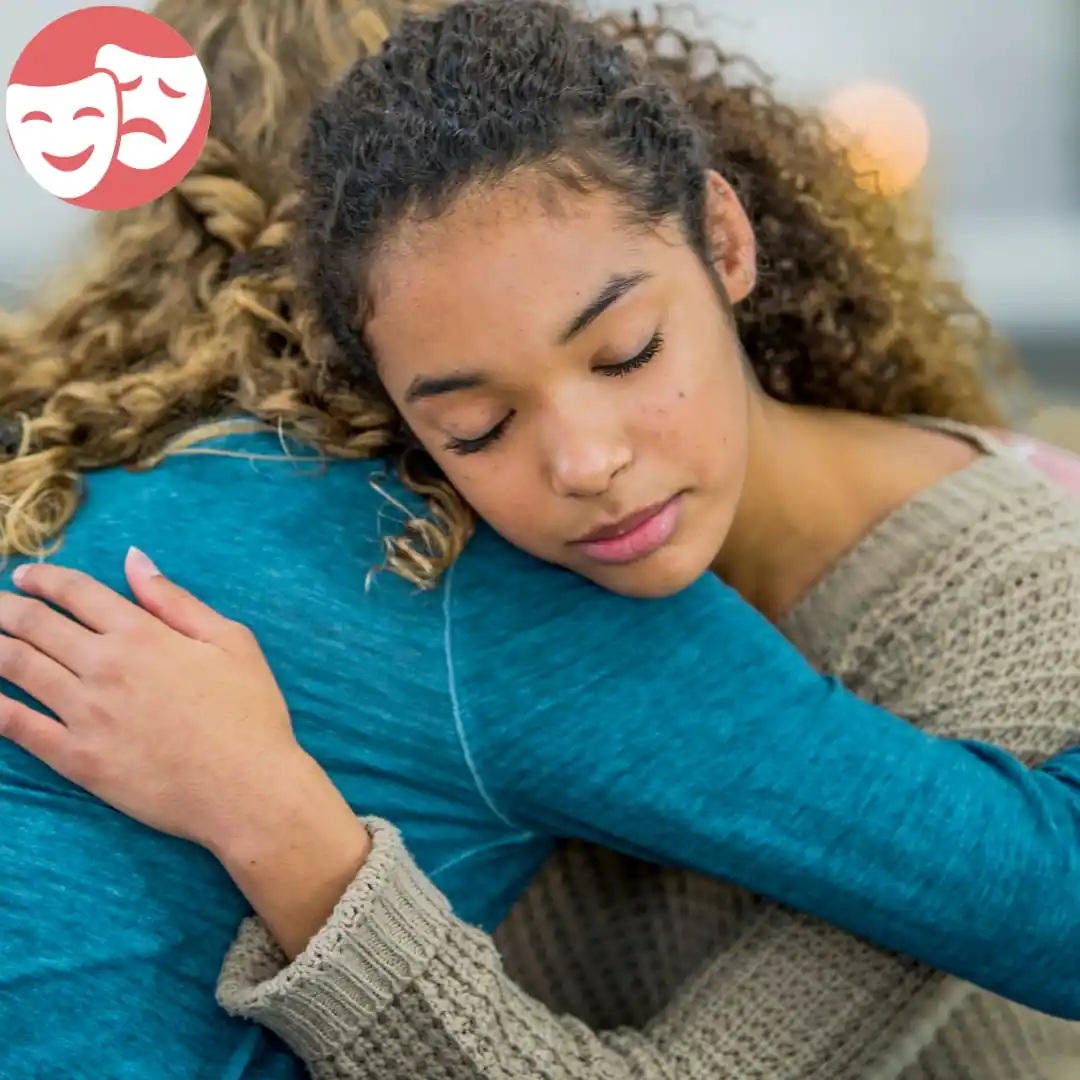Raise a Strong, Independent
Decision-Maker
Help your child bounce back, choose wisely, and
lead their life.
Resilient Decision-Maker
Designed with educators, backed by psychology, and
easy to integrate into your school’s
routine.

Plan Objectives
 Confident Choices
Confident Choices
Equip your child to weigh pros and cons and make sound, independent decisions.
 Bounce Back
Stronger
Bounce Back
Stronger
Teach your child the resilience needed to handle setbacks and manage stress effectively.
 Think
Critically
Think
Critically
Help your child build problem-solving skills to analyze situations and overcome external influences.
 Discover
Personal Values
Discover
Personal Values
Support your child in defining who they are and setting meaningful life goals.
Why This Plan?
This plan addresses the following challenges by developing targeted skills

Consistently makes poor choices

Is easily influenced

Does not evaluate pros and cons

Does not have future goals
Consistently makes poor choices
How This Plan Helps
This plan develops structured decision-making frameworks to encourage accountability and better choices.
Skill: Responsible Decision-Making
Course: Making Responsible Choices
Is easily influenced
How This Plan Helps
This plan guides children in self-reflection and defining meaningful life goals.
Skill: Self-Awareness
Course: Exploring You: A Journey to Self-Awareness
Does not evaluate pros and cons
How This Plan Helps
This plan encourages systematic analysis of options for thoughtful decisions.
Skill: Critical Thinking
Course: MindCraft: Developing Analytical Skills
Does not have future goals
How This Plan Helps
This plan builds emotional strength and independence, helping children resist external pressures.
Skill: Resilience
Course: Resilient You: What is Resiliency?
01 Making Thoughtful Choices
This scenario helps your child use decision-making frameworks to evaluate options and choose responsibly in various scenarios.
02 Resisting Peer Pressure
This scenario builds your child’s emotional independence and confidence to stand firm against external influences.
03 Weighing Pros and Cons
This scenario guides your child in analyzing options systematically to make informed and balanced decisions.
04 Setting Personal Goals
This scenario teaches your child to reflect on their values and define meaningful, achievable life goals.
Real-Life Applications
How this plan's skills apply to real-world scenarios for everyday success
Courses Included


Resilient You: What is Resiliency?
Emotional
Resilience
Course Details:
Modules: 4 |
Lessons: 33
Resilience Building: Enhance resilience through effective goal-setting and learning from setbacks.
Emotional Regulation: Improve well-being by developing skills for managing stress and emotions.


Making Responsible Choices
Social
Responsible Decision Making
Course Details:
Modules: 4 |
Lessons: 32
Significance: Understand the importance of decisions by evaluating their short and long-term impacts.
Resistance: Learn to counteract peer pressure and societal expectations with personal strategies.


MindCraft: Developing Analytical Skills
Intellectual
Critical Thinking
Course Details:
Modules: 4 |
Lessons: 31
Think Critically: Analyze problems and make informed decisions in any situation.
Overcome Bias: Recognize biases to embrace diverse perspectives and open-mindedness.


Exploring You: A Journey to Self-Awareness
Emotional
Self-Awareness
Course Details:
Modules: 4 |
Lessons: 32
Emotional Intelligence: Recognize and manage emotions to improve mental well-being.
Self-Awareness: Understand how personal values influence decision-making.
Meet the Course Creators

Dr. Kymberli Barker
Exploring You: A Journey to Self-Awareness
Resilient You: What is Resiliency?
Dr. Kymberli Barker
Exploring You: A Journey to Self-Awareness
Resilient You: What is Resiliency?
Dr. Barker is the mother of two fantastic young men, and they are her priority in life. She holds degrees in biochemistry, math, forensics, and psychology. She is a consultant and a professor at multiple colleges, including the Citadel, and Johns Hopkins Center for Talented Youth. She spent fifteen years in public education, prior. Her personal focus is child advocacy and she developed the Guardian ad Litem/(GAL)/CASA program for the Eastern Band of Cherokee Indians. She is tribally and state sworn as a GAL. Her favorite thing is being a mom.

Mandy Mahr
Making Responsible Choices
Mandy Mahr
Making Responsible Choices
Mandy Mahr is a Masters Level educator who served in public schools in the United States for 15 years before becoming an online tutor to schools with at-risk students, providing social emotional support as well as skill recovery in reading and writing. She is also a consultant for content creation to provide guidance to organizations wanting to engage and employ GenZ. With the technological advances the world has seen in just the last twenty years, it is her goal to train learners to be ready for jobs that don't exist yet. She is passionate about helping learners develop social emotional skills before reaching the workforce.

Dr. Jim Dolson
MindCraft: Developing Analytical Skills
Dr. Jim Dolson
MindCraft: Developing Analytical Skills
Dr. Jim Dolson, EdD, is an accomplished business leader deeply devoted to education at all age levels. With extensive experience across diverse industries and unwavering dedication to teaching, he is the ideal person to develop an outstanding curriculum tailored to middle-school students. As a parent himself, Dr. Dolson understands at a personal level the significance of engaging and impactful learning experiences. His expertise as an instructor at multiple universities highlights his ability to inspire minds and bring out their full potential. Driven by a genuine passion for education, Dr. Dolson excels at creating a well-rounded curriculum that challenges and nurtures students' growth. His successful tenure as a K12 Superintendent reflects his commitment to fostering confident and academically empowered individuals. Families can trust Dr. Dolson’s expertise to provide an exceptional educational journey for students, ensuring they receive the best possible learning experience that prepares them for a successful future.
Sample Lesson Preview

Resilient You: What is Resiliency?
What is Resilience?
What is Resilience?
What exactly needs to be developed to become resilient?
Many agree there are different levels of resilience to be expected at different ages and even in different fields.
For example training on military resilience is very different from how we would discuss it with teens. This course will introduce concepts for variations and provide links to additional information.
For now, we are going to begin with the idea of the 7 Cs mentioned by Coach Reese. Here they are again in case you missed them: Confidence, Competence, Connection, Character, Contribution, Coping, Control.
These seven concepts really summarize where we need to focus our attention to become stronger in certain areas of our lives.
The students will be developing their personal research focusing on one or more of these areas.
You might consider researching along with them. Where do you think you might work a bit more on skills for bouncing back?
Sample Lesson Preview 
Making Responsible Choices
Qualities of Responsible Decision-Making
Qualities of Decision-Making
Being responsible means we act with reflection rather than impulsiveness. Responsible decision-making requires us to pause and think carefully.
It’s crucial to analyze our options by considering the personal consequences and how they will affect others. We need to keep our values in mind throughout the process to guide our choices.
A responsible decision involves choosing an option that considers not only our immediate desires but also the long-term effects on ourselves and others. It requires us to think ahead and weigh the pros and cons before acting.
For example, a responsible approach if you’re deciding whether to study for a big exam or hang out with friends would be to balance both. You might choose to study first and then hang out, ensuring you stay on track with your grades while still enjoying time with friends. It also means thinking about how your choice impacts others, such as how it affects your grades, your friendships, or your future goals.
A smart step in any decision-making process is involving a trusted adult. You can learn about these responsible decision-making qualities alongside Drew, Payton, and Jordan.
Sample Lesson Preview 
MindCraft: Developing Analytical Skills
Step-by-Step Guide: 4,5,6
Steps to Critical Thinking
Imagine a rumor spreading at school that a classmate is moving away because of bad behavior. You can use the steps of critical thinking to figure out if it’s true. This process helps you find the real story behind what you hear.
First, clarify your purpose. Your goal is to find out the truth, so stay focused on that. Next, question your sources by asking who started the rumor and whether they’re reliable.
Then, identify the arguments people are making for or against the rumor. Gather reasons from different sources, and see if they match up. After that, analyze the background, details, and facts around the situation.
Next, judge the arguments based on their strengths and weaknesses. Look at which reasons are more convincing and why. Finally, create your own argument by using everything you’ve learned to form a reasoned conclusion.
By following these six steps, you can think critically, make smart decisions, and discover what’s really going on.
Sample Lesson Preview 
Exploring You: A Journey to Self-Awareness
Thinking about Thinking
Thinking About Thinking
-
Self Awareness involves recognizing aspects of who you are as a person. This includes what you think and feel, how you react, and importantly, why.
-
A good practice in developing self-awareness is focusing on your thoughts. What are you thinking? When do you have certain thoughts? Why do you have these thoughts? Are they productive or harmful?
-
We will begin with thinking about thinking. Our brains are the greatest supercomputers ever created. We have so many thoughts and we process them so quickly we are often unaware of their existence.
-
By learning to think about thinking we begin to focus on our thought life, which ultimately becomes our real life.
